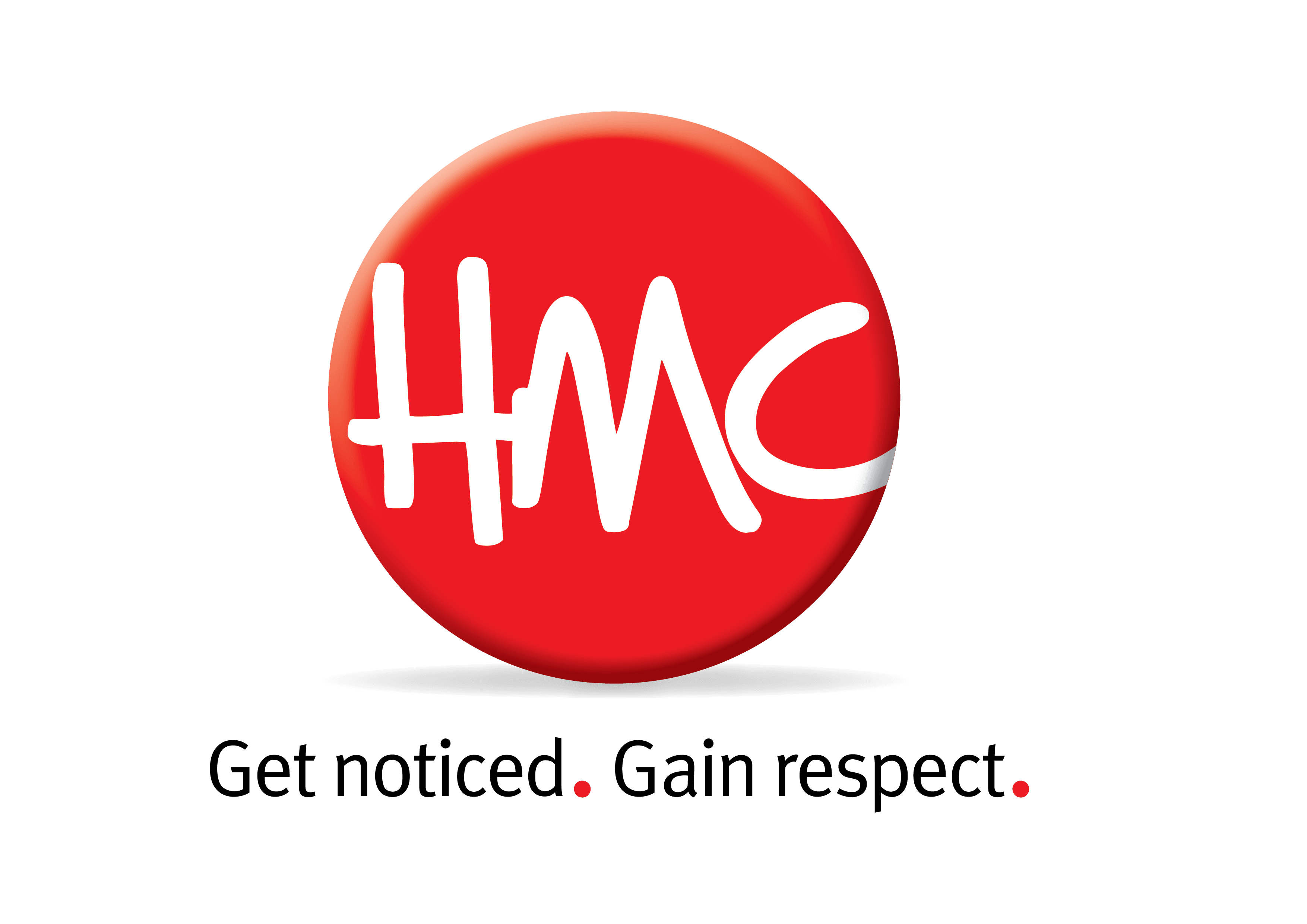Sales of Babich Wines’ organic ranges have grown 242 per cent over the last five years, and 50 per cent in the last year alone, as consumers seek out sustainably produced organic wines for their quality and lighter environmental footprint.
The family business’ sales reflect wider market trends. Almost one billion bottles of organic wine are expected to be consumed around the world by 2023, more than doubling from the 441 million bottles recorded in 2013, according to the organisers of the largest international organic wine competition, Millésime Bio.
Babich Wines started its organic wine journey over 15 years ago in Marlborough, pursuing BioGro certification for Headwaters, their flagship organic vineyard. Prior to that, in 1995 the company’s Irongate Vineyard was the first in New Zealand to be independently certified as sustainable by Sustainable Winegrowing New Zealand.
Babich Wines CEO David Babich says while it’s been a long journey, it’s rewarding to now see the rapid expansion of organic wine both in New Zealand and around the world.
“For the first ten years of our organic wine production, our wines generated a stable following with steady sales. However, it’s only been in the last three to four years we’ve seen that ramp up both locally and internationally to deliver the growth rates we’re seeing now.
“We’re now hitting a balance between production volume and sales. Our number of organic hectares is set to expand by 50 per cent by 2024, at which point Babich Wines will have three vineyards producing certified organic grapes.”
According to Babich, it’s no secret organic winegrowing is more expensive due to the increased labour costs involved in production and lower crop yield.
“A key difference in growing organic grapes is the approach to weed management. With no herbicides in use, the vines are in a more competitive biodiverse environment so they might produce 30 per cent fewer grapes than our other vineyards. However, the vines’ increased competition for nutrients is more beneficial for soil health, while our organic production nurtures sensitive insect life.
“In our experience, these organic methods result in better vine health. We know that healthy vines produce better grapes with more flavour, which is what manifests for the consumer in the glass.
“Naturally, increased production outlay means organic wines cost more on shelf. But the sales growth we’re seeing gives us confidence that consumers believe they are getting value for money from organic wines.”
Babich says the company’s organic wine offering tends to attract two types of wine consumers; those who are organically focused (buying organic fruit, vegetables and other products), and premium wine consumers who are looking for an interesting, enjoyable wine.
“Organic wines tend to only utilise grapes from one or two vineyards and come with lower crop yields and higher flavour concentration, so the wines tend to express a purer representation of the terroir of the vineyards they grew on, which we find is particularly appealing to the more discerning wine consumer.”
To manage the increased costs that come with organic wine production, Babich runs larger but fewer organic vineyards. This enables the company to use machinery and resources in a more economical way, as well as produce more drinkable, consumer-friendly organic wines from two vineyards.
“Our Select Blocks Organic Sauvignon Blanc is a great example. We use grapes from our Wairau Vineyard that are very citrusy and minerally and blend them with our Awatere Vineyard grapes which are softer, rounder and add a more tropical character.
“We want this organic wine to be an enjoyable everyday luxury, rather than an intimidating experience, and we’ve worked hard to offer it to consumers at an accessible price point. The concept has paid off, with the Select Blocks wine recently scoring an outstanding 90 points at the prestigious Decanter World Wine Awards.”
Babich says while organic wine costs more to produce, it aligns well with the company’s sustainability values.
“We’ve been running our vineyards for over 100 years with sustainability in mind. We have always challenged ourselves to finds way to grow grapes and produce all our wines in a more sustainable way. Organics in particular fits well with that philosophy.
“It’s a journey that makes sense for us. We use less chemicals, which is better for the soil and biodiversity, thus making the vineyard and land more sustainable. That approach is reflected in the quality of our wine.
Babich firmly believes that you don’t survive in the wine industry for over 100 years by standing still and taking a short-term approach. Over that history, the company has operated with the philosophy that thriving in business comes down to being able to move constantly, innovate, learn and be nimble.
“After 15 years in organics, there’s still plenty for us to learn. We’re currently trialling new organic viticultural methods for weed management and soil care and seeing if we can create an organic fertiliser.
“Commercially, we feel organic wine is strongly differentiating itself both in the New Zealand and international wine industry. As a family winery, we’re really committed to organic wine production and its growth.”

